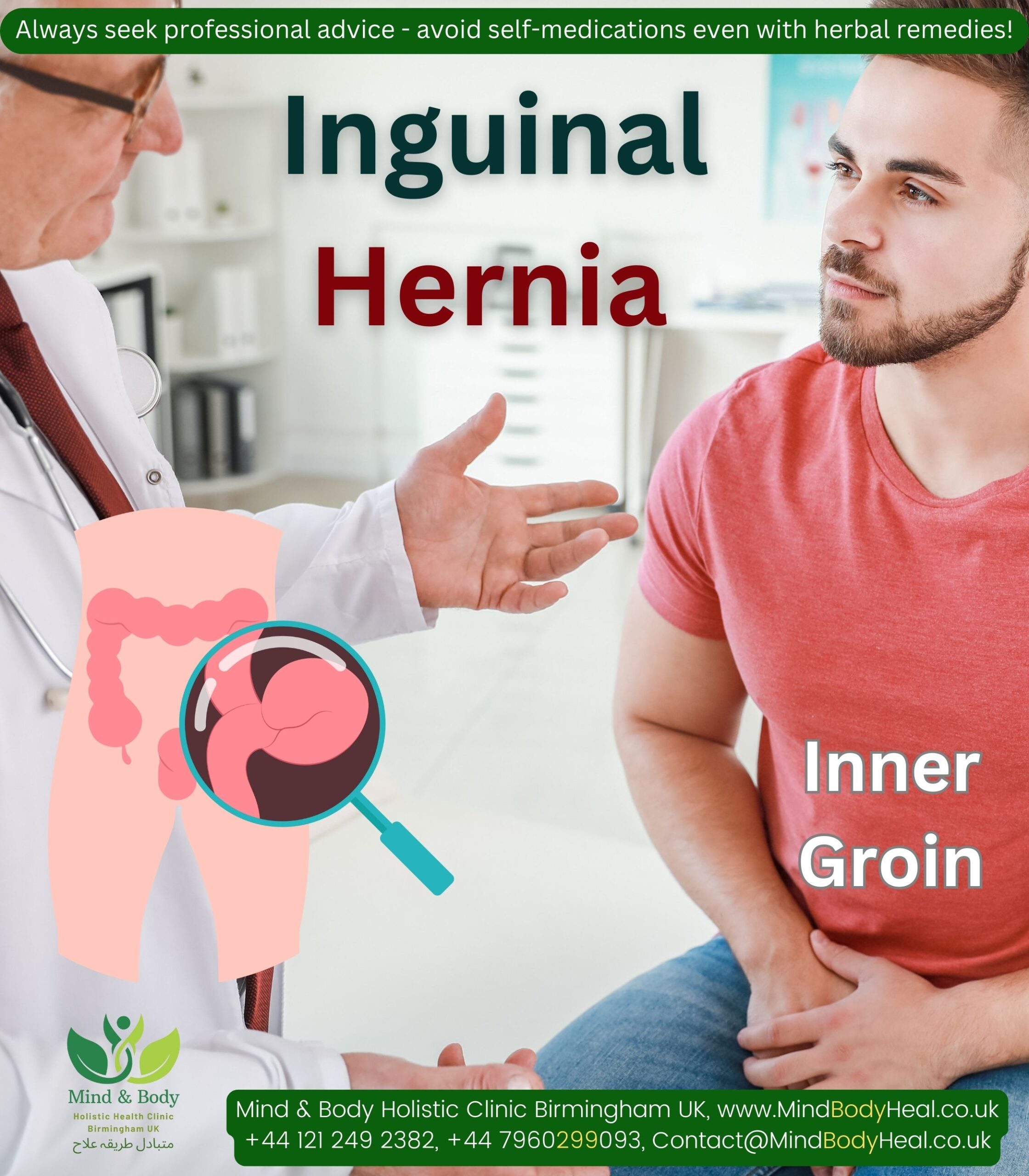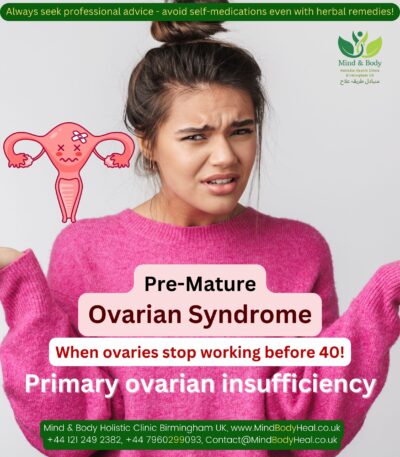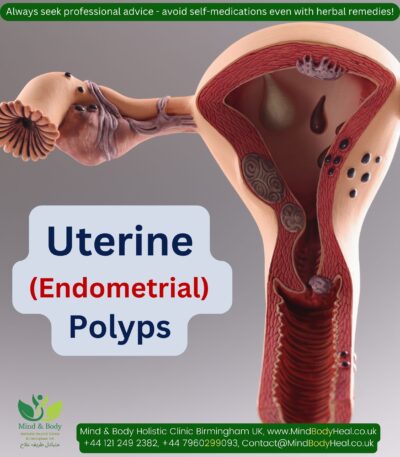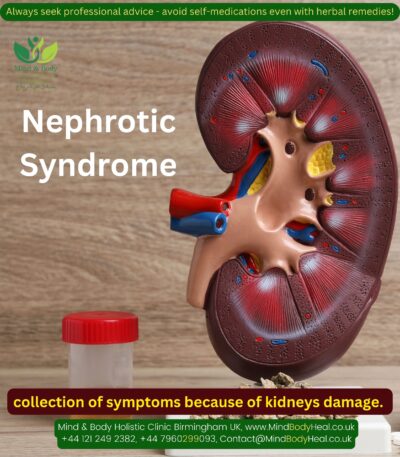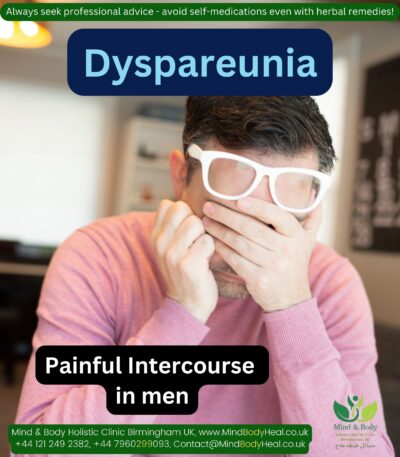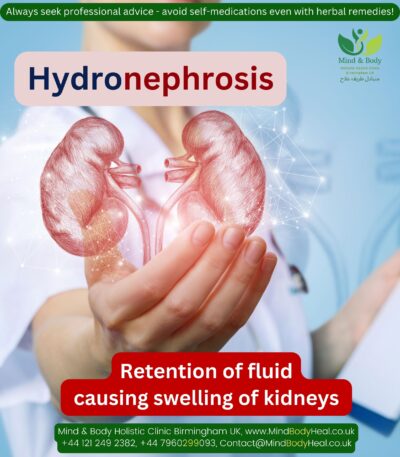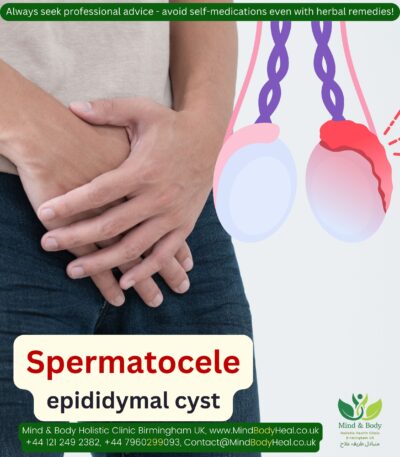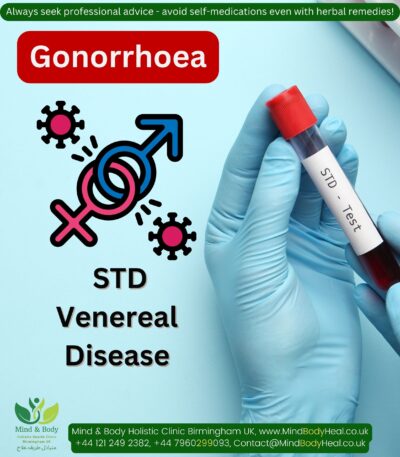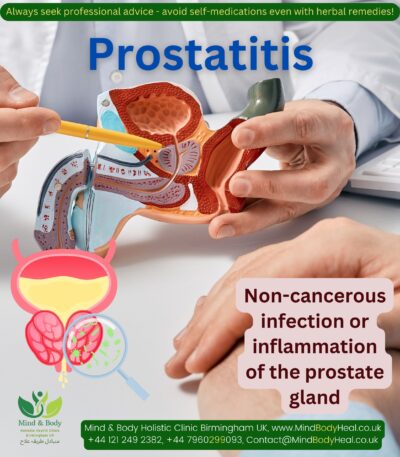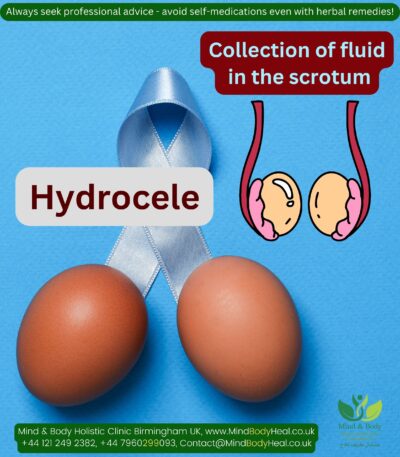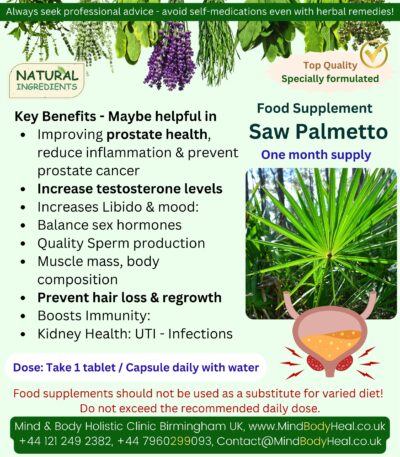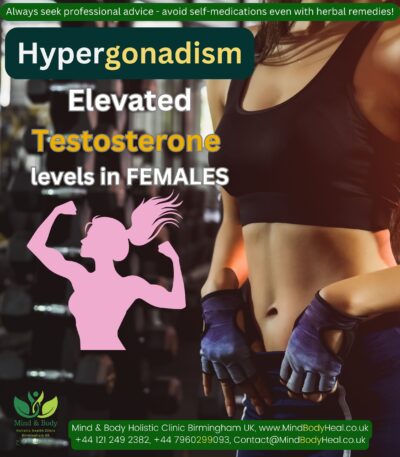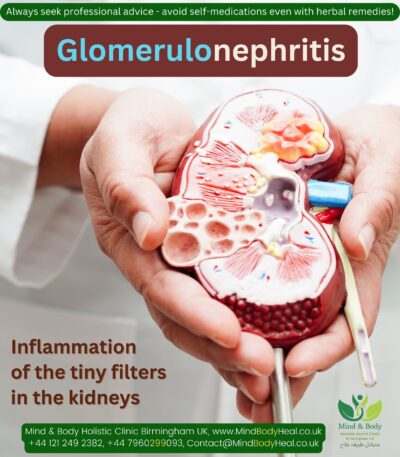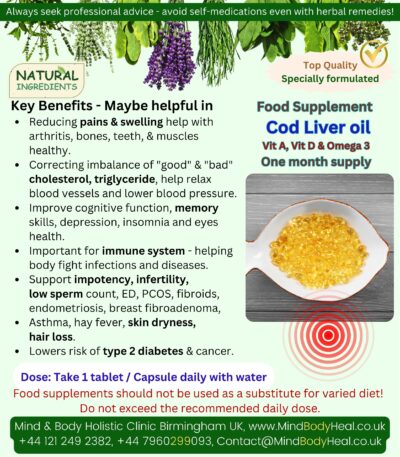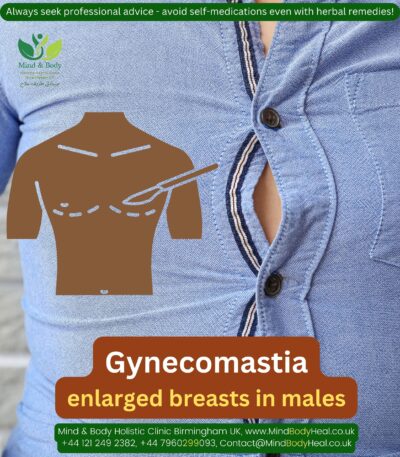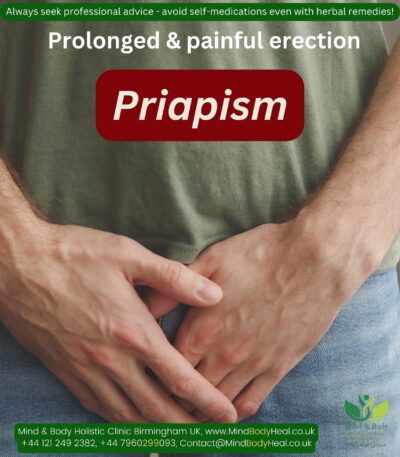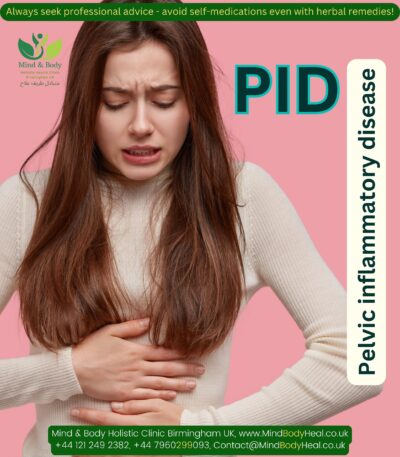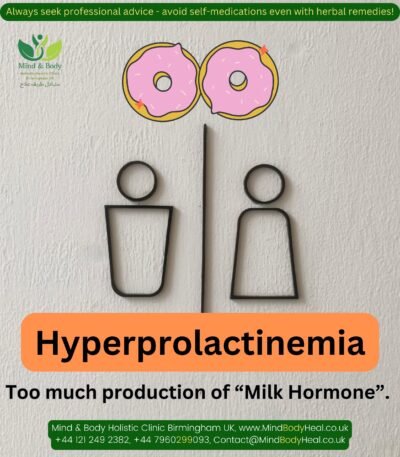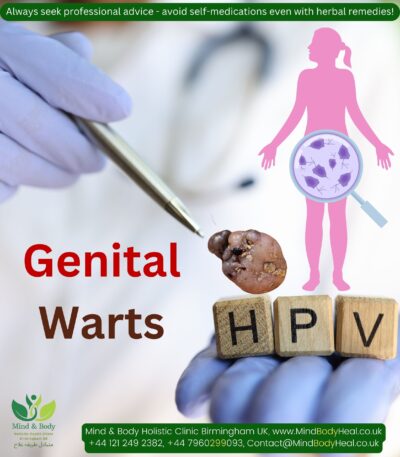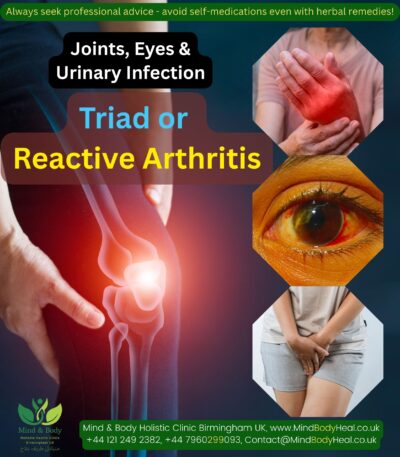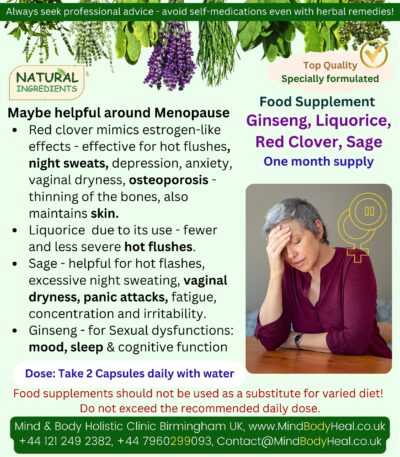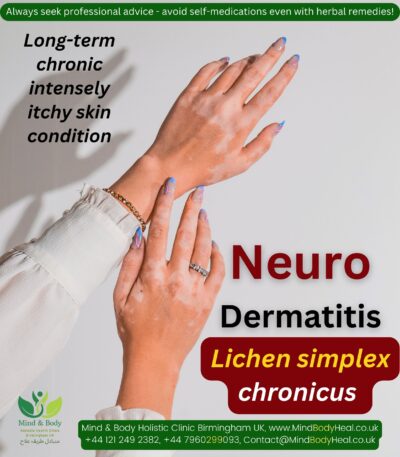A hernia is a condition that develops due to a spot weakness in a muscle, through which an organ or tissue squeezes or bulges through.
There are different types of hernias that develop inside different parts of the body, causing an abnormal bulging of one area into another.
Muscles weakness & straining are the main causes.
Poor nutrition, over exertion, smoking, obesity are some of the factors which cause weakness of muscles.
Constipation, pregnancy and persistent coughing can also cause the condition worse.
Inguinal hernia, accounts for about 80% of all hernias. When normally a bulge is seen on one side of your pelvic bone.
In this case the intestine or bladder protrudes through a weak spot of the abdominal wall muscles into the groin – along the inguinal canal, which carries the spermatic cord in men.
If inguinal hernia are not properly treated, the contents of the hernia may be trapped (incarcerated) in the abdominal wall, that can become strangulated, which cuts off the blood flow to the tissue that’s trapped and can be life-threatening.
Common signs & symptoms:
- A bulge in the groin area on either side of your pubic bone, which becomes more obvious when you’re upright.
- The bulge can be painful, especially when you cough, stain, bend over, exercise or lift a heavy object.
- A feeling of pressure or heaviness in your groin.
- A burning, aching or pinching sensation that may radiate through pelvis or down your leg.
- A heavy or dragging sensation in your groin
- Occasionally, pain and swelling around the testicles when the protruding intestine descends into the scrotum
Signs and symptoms of a strangulated hernia may include:
- Nausea or vomiting
- Fever
- Sudden, intensifying pain
- A hernia bulge that turns red, purple or dark
- Inability to move your bowels or trapped gas that you cannot pass
Possible cause and risk factors:
- A muscle wall opening or weak spot that don’t close – the opening may be congenital (present at birth), or due to normal, age-related muscle degeneration.
- Congenital differences in the strength of the connective tissue.
- Chronic coughing (from smoking) or sneezing.
- Chronic constipation, straining to pee or poop.
- Frequent strenuous exercise or manual work.
- Multiple pregnancies and carrying small children.
- Jobs that require standing for many hours at a time.
- Intrabdominal pressure from being overweight or obesity.
- Increased pressure within the abdomen
- A pre-existing weak spot in the abdominal wall or from previous surgeries.
- Weaknesses can also occur later in life, especially after an injury.
Risk factors
- Men are eight times more likely to develop an inguinal hernia than are women.
- Being older. Muscles weaken as you age.
- Family history.
- Premature birth and low birth weight. Inguinal hernias are more common in babies who are born prematurely or with a low birth weight.
- Previous inguinal hernia or hernia repair.
DO’S & DONT’S
- Do gentle exercise regularly this will help to strengthen the muscles.
- Eat a good nutritious diet to avoid constipation and do not overeat.
- Emphasize high-fiber foods. Fruits, vegetables and whole grains contain fiber that can help prevent constipation and straining.
- Avoid lifting heavy weights, if you do have to lift, bend from the knees & not from the waist.
- During pregnancy gentle exercises are important to maintain the tone of the muscles.
- In case of persistent cough consult your doctor.
- Avoid smoking, caffeine & alcohol.
FREE Shipping included – Usually dispatched within 1 – 2 working days!
Are you concerned about your health or managing a recurring or chronic condition?
Our website provides informed guidance and initial supportive care for individuals who are finding it difficult to access their doctors or who have not experienced desired improvement with conventional options.
We help individuals explore a range of natural and holistic healing approaches to encourage balance and long-term wellness that may complement your healing journey.
We offer a ready-to-use complementary remedies kit designed to ease discomfort and support well-being, with clear instructions for each item.
The kit includes a personalised selection of remedies based on your signs, symptoms, and likely causative factors.
It may combine homeopathic medicines, herbal or daily supplements, a tailored diet plan, lifestyle guidance, practical tips, and topical applications where needed. It’s suitable if you value the healing potential of natural, holistic remedies.
Complementary remedies work best alongside standard medical treatments and can usually be taken safely with your regular medications.
Our homeopathic remedies follow Dr. Hahnemann’s traditional dilution and succussion methods and are prepared by a qualified naturopathic practitioner, supported by research, clinical experience, and observed outcomes in similar cases. Treatment duration can range from a few weeks to several months, depending on severity and chronicity. Outcomes vary with individual factors and case complexity.
If you prefer lactose pills instead of sucrose globules, let us know. Please also provide the patient’s age so we can supply appropriately sized pills. You can simply send this via WhatsApp at 07960 299 093.
These remedies may contain trace amounts of natural plant, mineral, or animal substances, preserved in medical-grade alcohol. Inform us of any allergies or dietary restrictions before purchase.
You may contact us before starting or book a detailed consultation (in person or via teleconsultation) with one of our experienced naturopath for your detailed assessment or personalized guidance.
Natural remedies can affect the body and may not suit everyone. At the start of treatment, some patients—especially with mental health or skin issues—may experience a temporary increase in symptoms. This may represent medicinal aggravation, indicating the body is responding, though symptoms may not be connected and simply coincidental. If they persist, contact us for support.
Why some patients choose natural, complementary or holistic remedies:
• Symptomatic relief and improved well-being
• Gentle options with fewer side effects
• Whole-person focus, addressing physical, emotional, and lifestyle factors
• Root-cause and preventive emphasis
• Encouragement of active self-care
• Support alongside conventional treatment
• Personalised and accessible care
Precautions:
• Inform your healthcare provider about any complementary therapies
• Some herbs or supplements may interact with conventional medications
• Do not replace conventional treatment for serious, chronic, or terminal conditions
These complementary remedy kits are provided for your own discretion and personal responsibility. Use them mindfully and avoid self-medicating in sensitive situations.
If you are looking for a specific remedy / kit not listed on our site or a customized formulation, contact us—our range is extensive and can be tailored to your physical and mental symptoms and causative factors.
Disclaimer:
Natural remedies—including homeopathic remedies, herbal supplements, and aromatherapy products—are generally safe for most people, including children and older adults. Still, consult your GP or healthcare provider before use, especially if pregnant, breastfeeding, or managing chronic or serious conditions.
- Our remedies support general wellness and are not a substitute for medical advice.
- Review product details and make informed decisions before purchasing, particularly for ongoing or serious concerns.
- We provide general guidance only; detailed personalised consultations are not available through this platform.
- These remedies are intended for individuals able to follow instructions independently.
- Our support focuses on product use and general information; repeated or highly detailed personal queries may not receive individual responses.
- If you need frequent reassurance or highly tailored advice, please consult a qualified naturopath or healthcare provider before purchasing.
Due to strict UK regulations on the sale of medicinal products, we cannot give specific advice, without a face-to-face consultation.


